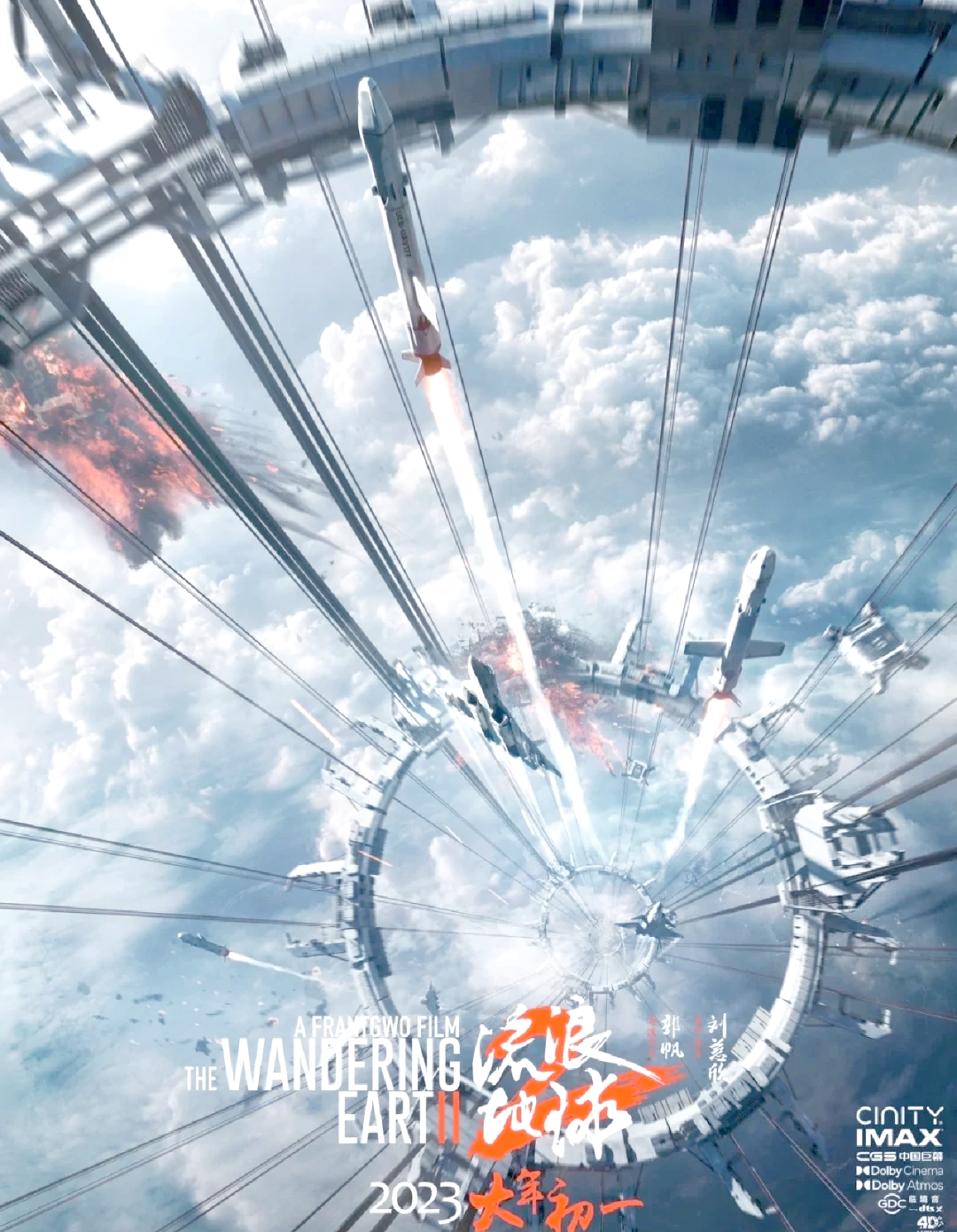You Might Be Surprised to Learn Just How Much Controversy Surrounds AI Music......
![]() 10/09 2025
10/09 2025
![]() 496
496
A few days ago, I penned an article about Suno V5.
Suno V5 Unveiled! Touted as the Most Potent AI Music Model on the Planet
While scouring for information, I stumbled upon a surprising amount of controversy surrounding AI music in the comment sections across various platforms.
Some dismiss Suno as a mere toy, while others contend that AI will revolutionize the music industry; some find AI-generated music genuinely captivating, whereas insiders in the field dismiss it as worthless; some envision a future where everyone becomes a musician, while others argue that AI-composed music all sounds the same......

These diverse viewpoints have prompted me to delve deeper into the subject.
After sifting through numerous articles and comments, today I aim to explore various perspectives from different individuals, as well as share my personal insights on AI music.
Let's start with a piece of news~
Following the release of V5, Suno has introduced Suno Studio, marking its entry into the realm of professional music production.
Suno Studio can be likened to a professional-grade DAW (Digital Audio Workstation), a music production system encompassing functions such as MIDI editing, recording, mixing, and video processing.
Moreover, it supports the export of MIDI files, ensuring full compatibility with traditional music production software! The exported works can be freely edited in other professional production tools. This feature is pivotal for accelerating the widespread adoption of AI music.
The subscription fee for Suno Studio is set at $30 per month, reflecting its target audience of professionals and justifying the higher price point.
Returning to the main topic, to comprehend AI music, we must address:
What exactly do we seek in music? Can AI deliver on these fronts?
Here, I categorize music into two types: music for personal enjoyment and music for commercial or functional purposes.
Personal Enjoyment
As a music enthusiast, the songs I cherish primarily fall into two categories: one boasts exquisite compositions and melodies that create an enchanting atmosphere, and the other features lyrics that resonate deeply with me.
For the first category, AI can already satisfy quite effectively. Those who have read my previous article on Suno V5 are aware of its capabilities.
For the second category, the appeal often stems from lyrics that mirror our personal experiences, or from being moved by the singer's narrative, or from the conveyance of certain values.
Replicating human-level proficiency in this regard is challenging for AI, particularly when it comes to personal stories and experiences. However, it's not entirely out of reach. After all, generating text is a forte of AI, and who can say for certain that AI won't develop consciousness?

Within the music industry, the controversy is most intense because AI is indeed encroaching upon their territory.
Some argue that AI will bring about a seismic shift in the music industry, even going so far as to predict its doom.
Others claim that AI-generated music is soulless industrial detritus, merely a crude amalgamation of information with no artistic merit whatsoever! And they deem tools like Suno as nothing more than toys for the uninitiated.
Personally, I believe that in this era where 'anyone can create a 5-minute song,' AI will elevate the minimum quality standard of music, while significantly raising the bar for genuine musicians. Mid-to-low-end musicians will face an uphill battle to survive, akin to certain 'music tailors'—you may sew well, but AI can sew even better.

More crucially, as AI models advance, public acceptance of AI music is gradually on the rise.
The acceptance process may witness a significant acceleration following the emergence of a few hit AI music tracks. Given AI's limitless output, producing hits statistically becomes less challenging.
Take myself, for instance. I found myself unconsciously humming along to music generated by Suno after a few listens.
And for those who consider themselves professionals and refuse to embrace AI, beware of falling into the trap of self-indulgence. Listeners are the ultimate judges, not your professional credentials.
Just like certain music critics who adhere to a set of picky evaluation criteria and criticize for the sake of it. Do listeners truly resonate with (agree with) their standards?

Consider product development as another example: regardless of how sophisticated the technical architecture or how powerful the performance, if the product fails to meet user needs, it's merely self-gratification.
Furthermore, many professionals within the industry are subconsciously avoiding the impact of AI. They may be aware of it but are unwilling to confront it, choosing instead to turn a blind eye or even lash out in response. This is a human trait that transcends industries.
There's also a perspective held by some: ordinary individuals like us can derive immense pleasure from creating our own AI music, and it's incredibly fulfilling to share our creations with others.
It's undeniable that we do experience joy in the creative process, especially when there's a sense of novelty and when we produce satisfactory works.
However, for the average person, the urge to create music isn't a genuine necessity; it's more of a novel endeavor.
Now, let's discuss the sense of accomplishment derived from sharing music.
Firstly, as AI music becomes more prevalent, people will gradually become disillusioned with music creation, and AI will set a higher minimum quality standard for music.
What changes will this bring? In the past, if you shared an original song on your social media, everyone would think, 'Wow, that's impressive! It sounds great! How did you make it?' In the future, people will simply think, 'It's just about writing some prompts; if you can do it, I can too.' 'It's Suno that's impressive, not you.' 'There are so many good AI music tracks; yours is just average.'...
Secondly, creation is straightforward, but promotion is arduous. Just like many products are of decent quality but fail due to a lack of users.
Therefore, I believe that while there is a demand for ordinary individuals to create music, it's relatively niche.
To summarize, in terms of personal enjoyment, I'm highly optimistic about AI music. However, in its early stages, the primary creators who can truly make an impact may still be professional musicians and creators with a strong artistic sensibility who can craft content that resonates with others.
This is also why Suno opted to launch Suno Studio for professional producers after a period of development.
Commercial and Functional Music
The application of AI in this type of music generates less controversy, and most people are generally optimistic about its potential.
When I edit videos myself, I often struggle to find suitable background music, which is a genuine pain point. That's why apps like Jianying have thoughtfully integrated AI music features.

For small-scale productions, such as short videos, advertisements, and game soundtracks, the requirements are relatively low, but the demand is high.
The low cost and convenience of AI music perfectly cater to these needs. Therefore, the adoption of AI music in small-scale productions will be rapid, as no one wants to miss out on cost savings. Many game and advertising companies have indeed started laying off music staff to reduce expenses.
For large-scale productions, such as film soundtracks, the requirements are high, but the demand is low.
Directly using AI music to meet these needs is challenging. However, providing inspiration and creating initial drafts for professional producers can be easily achieved.
Nevertheless, I believe it's only a matter of time before AI can meet these high standards.

Compared to music for personal enjoyment, commercial music enjoys higher public acceptance.
AI music is already being utilized in numerous aspects of our lives, but we often don't notice it or care much about it because music in most commercial settings serves merely as decoration, a side dish.
This also implies that AI music will be adopted earlier and more rapidly in commercial settings.
Furthermore, compared to AI-generated images and text, AI music is easier to commercialize.
Because it has a higher tolerance for errors.
We all read and can comprehend the content of images, and errors are immediately noticeable.
However, when it comes to music, the vast majority of people are laymen. As long as there's no obvious dissonance, they generally won't detect any issues.
Moreover, everyone's musical taste varies greatly. What you dislike, someone else will enjoy. In contrast, with text and images, many things can be judged as 'good' or 'bad.'
Finally, I'd like to conclude:
We should view AI with a developmental perspective. After all, the world's brightest minds and best resources are all focused on AI, so anything is possible in the future.
What's your take on the future of AI music?
Feel free to share your thoughts in the comments section~








